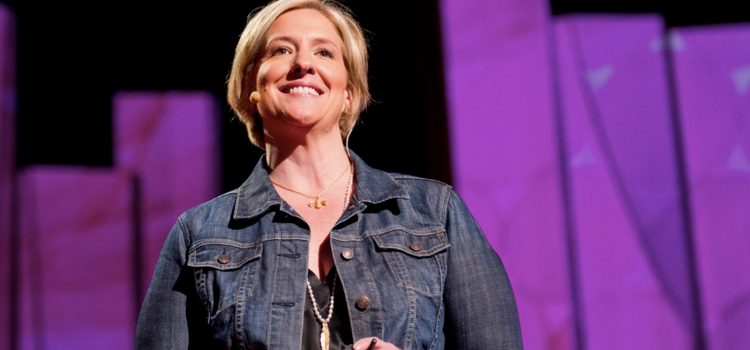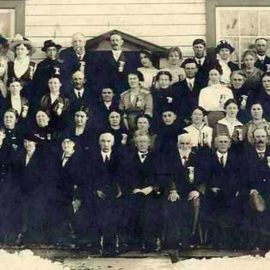
Does your friend group often get into arguments? What’s the proper way to resolve conflicts?
Part of staying true to yourself is speaking up with your honest opinion, even when it could create conflict. This means you must be prepared to resolve conflicts by approaching them with curiosity rather than defensiveness.
Discover more with Brené Brown’s conflict resolution tips.
How to Resolve Conflicts Peacefully
According to Brené Brown, conflict resolution would go much smoother if everyone could try to understand other people’s perspectives and talk through conflicts with kindness. People would also feel more comfortable being their true selves because they wouldn’t be afraid of a negative reaction.
In other words, having a safe space to disagree facilitates true belonging. Even a more neutral stance, like “Since we disagree on this topic, let’s not talk about it,” hinders connection and true belonging because you might feel like you have to suppress your opinions to avoid conflict.
For example, in the earlier scenario of friends who disagree on climate change policies, Brown might recommend that the friends show curiosity by asking each other questions about why they believe the way they do: “What’s your rationale for this stance? How do you think this policy might affect people?” Brown emphasizes that this dialogue should always be respectful and should allow each person to understand the other’s intentions. In this case, the friends who disagree may have the same intention: reducing the impact of climate change in the most practical way possible. They simply have different approaches to doing so.
Brown’s conflict resolution strategy comes with a caveat: It should always be done with healthy boundaries in place. This means that you shouldn’t engage with someone if you feel physically or emotionally unsafe. For example, if someone is trying to physically threaten or intimidate you, or if they’re using dehumanizing language, this isn’t a safe space for productive conflict resolution. In this case, extract yourself from the situation rather than engaging.
| The Cooperative Mindset and Healthy Boundaries During Conflict In The Anatomy of Peace, the Arbinger Institute describes two possible mindsets during conflict—combative and cooperative—that can help illuminate Brown’s suggestion to facilitate connection and true belonging even when you disagree with others. The cooperative mindset aligns with Brown’s concept of having curiosity about the other person’s perspective. Having this mindset means you make a conscious effort to always see others as people with needs, challenges, hopes, and fears as real and important as your own. If you think of others this way, you’ll naturally want to ask questions to genuinely understand their needs and feelings. In contrast, when you approach a disagreement with a combative mindset, you see others as obstacles. For example, the combative mindset might lead you to speak dismissively toward someone you disagree with because you’re only focused on how their opinion made you feel bad. Similar to Brown, Arbinger asserts that maintaining a cooperative mindset is an important step toward building a strong relationship and creating a safe space to be genuine. Even if you strive for a cooperative mindset during conflict resolution, Brown notes that healthy boundaries are also key. In Set Boundaries, Find Peace, Nedra Glover Tawwab adds that both weak boundaries and strict boundaries can be unhealthy. She says that weak boundaries make it hard for you to say no to people, meaning you might have trouble extracting yourself from a situation that feels emotionally unsafe, as Brown advises. However, you can also have boundaries that are too strict, meaning you preemptively push people away to feel safe. Therefore, strict boundaries can also inhibit the kind of interpersonal connection and true belonging that Brown advocates. |






